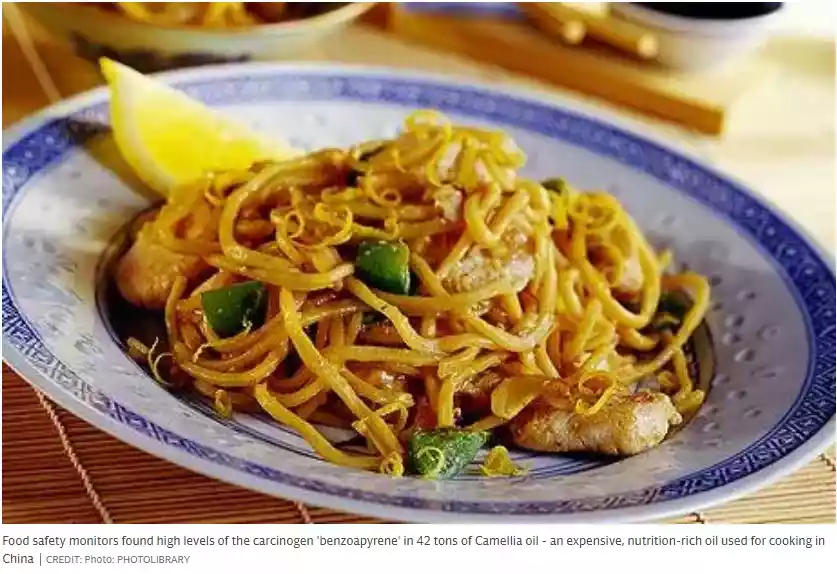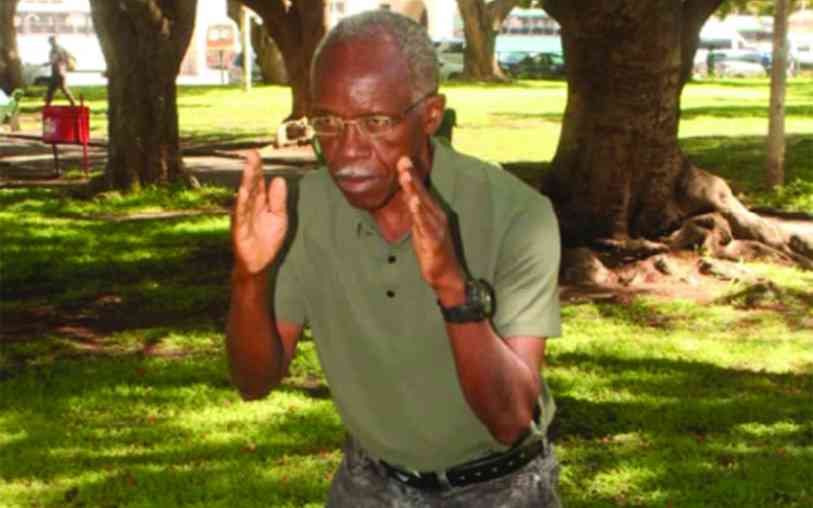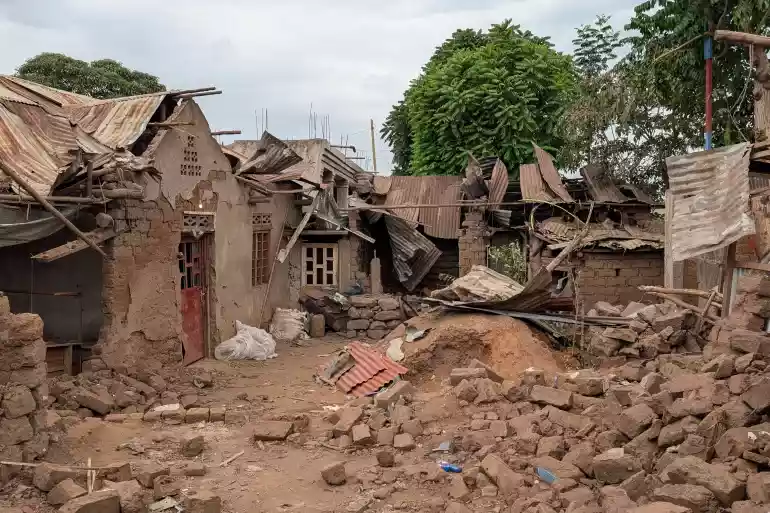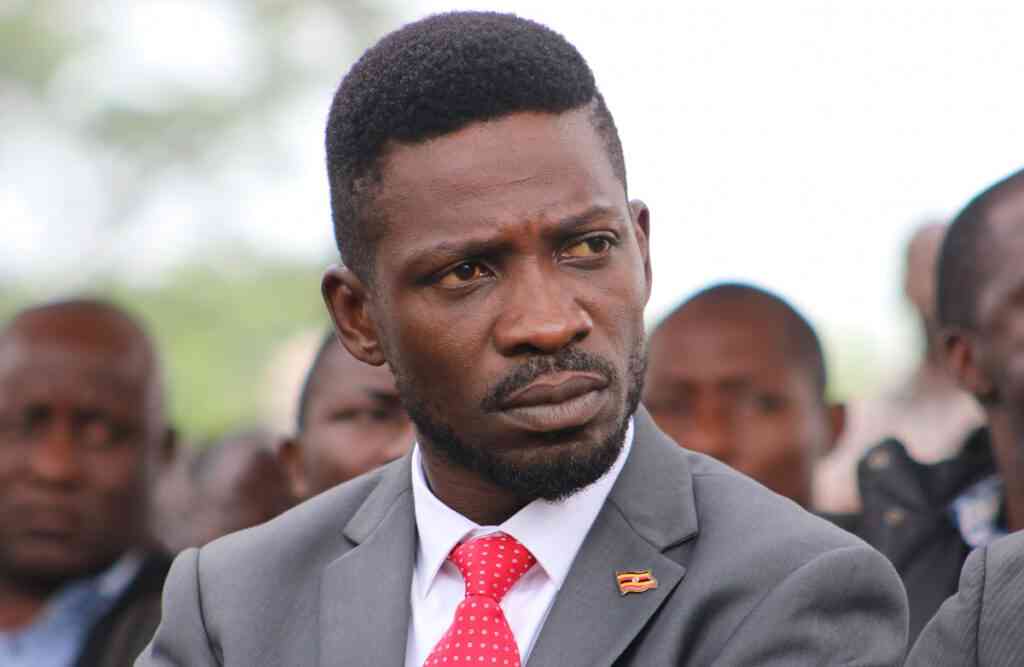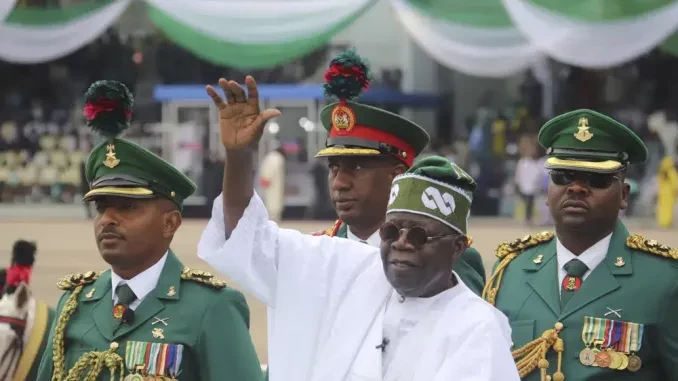
The first full day in power of Nigeria's new president has seen people panic buying fuel following an announcement to scrap a decades-long subsidy on petroleum products.
In Monday's inaugural address, Bola Tinubu said the subsidy was "gone".
But gave no timeframe or any more details of this major policy move.
On Tuesday, his team clarified that he meant end of June and that the panic buying is "needless" as the policy will not take immediate effect.
President Tinubu wants to ease pressure on government finances, but ending the subsidy will increase the petrol price and impact other prices too at a time when inflation is already high.
In response to Monday's statement, many filling stations hiked the petrol price while others stopped selling altogether.
Nigeria's state-owned oil company, the sole importer of petroleum products, assured the public that it has enough supplies.
But this did not prevent the panic buying, with most people fearing a drastic rise in price of petrol which should be sold at the regulated price of 185 naira per litre (£0.32, $0.40).
- Drug rehab specialist appeals for funding
- Nigeria clears 18 candidates for presidency
- Chics’ Galaxy: Tammy Moyo promises more hits
- Nigeria ad regulator sues WhatsApp owner for $70m
Keep Reading
Some people have posted videos online of filling stations already increasing prices, in some cases by more than 200%.
Some private bus drivers, which many Nigerians rely on to get around, have also been unable to fill up their vehicles. This has left people stranded at major bus stops in the capital, Abuja, and the country's biggest city, Lagos.
Despite its oil wealth, Nigeria is unable to refine enough crude to meet local demands so it imports petroleum products, which are then sold at a government-set price.
But the subsidy is a huge drain on public finances. Last year it gulped 4.3trn naira ($9.3bn; £7.5bn) and for the first half of this year, 3.36trn naira was budgeted for it.
On Monday, Mr Tinubu said It could no longer be justified and that the funds would instead be spent on public infrastructure and to improve the lives of people.
But the subsidy has long been seen by many Nigerians as one of the few perks they receive from the state.
The last attempt to remove it in 2012 led to nationwide protests and then President Goodluck Jonathan had to perform a policy U-turn.
So far, a powerful association of those who sell petroleum products has come out to say it does not support President Tinubu's plan. It said the new government should begin a dialogue before taking the decision.
The spokesman of the Independent Petroleum Marketers Association of Nigeria, Ukadike Chinedu, is quoted by Nigeria's Punch newspaper as saying that the move will cause "galloping inflation and inflict more hardship on the masses".

